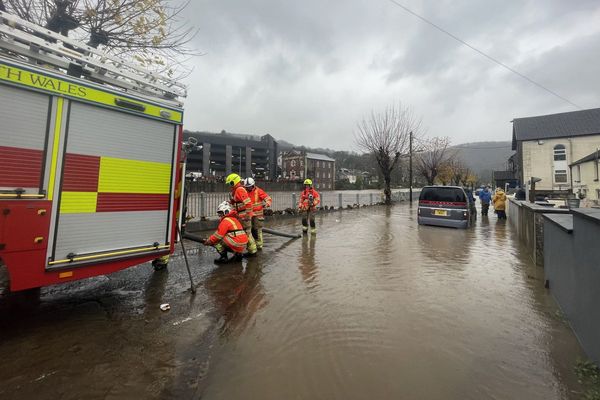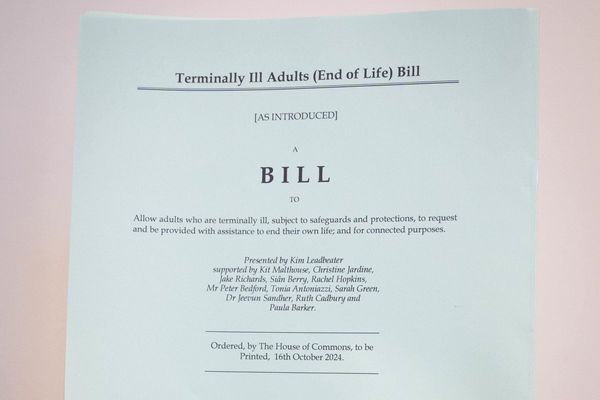
Treasurer Jim Chalmers’ overhaul of Australia’s foreign investment regime is part sensible deregulation and part fulfilment of a long-term trajectory toward putting foreign investment under the control of the security establishment.
The changes — aptly to be announced at foreign policy and security think tank the Lowy Institute — involve the removal of a number of impediments that have built up in recent years. Treasury will be required to consider more applications within the initial statutory timeframe; consultation timeframes will be shortened; repeat investors who’ve already been assessed and those deemed low risk will get faster treatment. Investors shuffling funding around within investments will also face a lighter burden, and fee refunds will be offered if investors are unsuccessful in competitive bidding processes.
That’s the good cop stuff. The bad cop stuff is the real story. Under the new regime, applications deemed higher-risk will get a much more intensive assessment, particularly “foreign investment in critical infrastructure, critical minerals, critical technology, those that involve sensitive data sets, and investment in close proximity to defence sites.” Treasury will be given more resources to vet applications including dispatching officials to sites (it may come as a surprise that that wasn’t already happening) and yet more of the endless process of toughening up legislation like the Security of Critical Infrastructure Act (aka the Security for Monopolistic Incumbents Act, but that’s another story).
Ever since then treasurer Wayne Swan nixed a Chinese investment in an iron ore project next to Woomera and began knocking back investment from Chinese state-owned firms, governments have been building up the national security hurdles to foreign investment, while insisting it was nothing to do with China. In 2015 the Coalition put the recently departed head of ASIO, David Irvine, on the Foreign Investment Review Board (FIRB) and then made him chairman in 2017. That was after the Coalition had waved through the acquisition of Darwin Port by Chinese firm Landbridge in 2015, which enraged the Americans.
Irvine was reappointed chair in 2021 but passed away in 2022. Former diplomat and spy chief Bruce Miller is now chair.
Foreign investment controls have always been a mix of protectionism, cultural nationalism (foreign ownership of television licences was banned until the mid-2000s) and politically sensitive issues like housing. If the rise of Chinese investment, and specifically Chinese state-owned investment, has driven us across a spectrum from primarily economic assessments toward primarily national security assessments over the past 15 years, Chalmers’ changes give things yet another firm push toward making foreign investment regulation primarily about national security rather than the economic interests of Australia.
To this end, note Chalmers’ language around “critical sectors”: critical minerals, critical data, critical infrastructure, critical technology. As the Productivity Commission has pointed out, the term “critical” is bandied about a lot and has no clear definition, and thus tends to be prone to inflating to consume more and more areas as politicians and business see advantage in elevating a product or business into the category.
There is already a long list of areas under the existing national security provisions of the foreign investment rules dubbed “critical” — the phrase is used over 100 times in just 30 pages. There are critical goods, critical services, a “critical payment system”, critical transmission facilities, critical Domain Name Systems, critical minerals, a list of critical technologies, critical food and grocery distribution and supply networks, critical health services. Pretty much everything can be deemed to be critical, and thus will need to be vetted for risks to national security. It’s a list that will, inevitably, expand.
FIRB is also notable for its black box operation — there are plenty of guidelines for applicants (governments have long been sensitive to the criticism that there’s too much uncertainty about the FIRB process), but little in the way of transparency about how decisions are made. That, of course, perfectly suits the way security bureaucrats operate — out of sight and without the kind of basic accountability that most public servants face in doing their jobs.
The next step may be to remove assessment of foreign investment from the remit of Treasury altogether and move it to a national security agency. After all, the plethora of “critical” sectors in the economy means these things are far to important to be left to economists.







